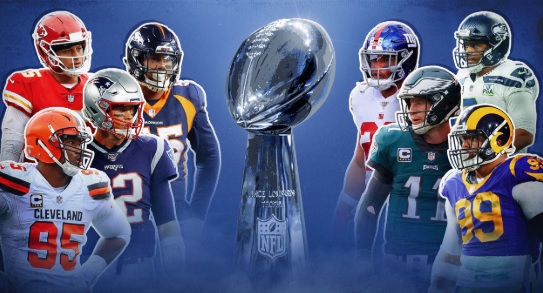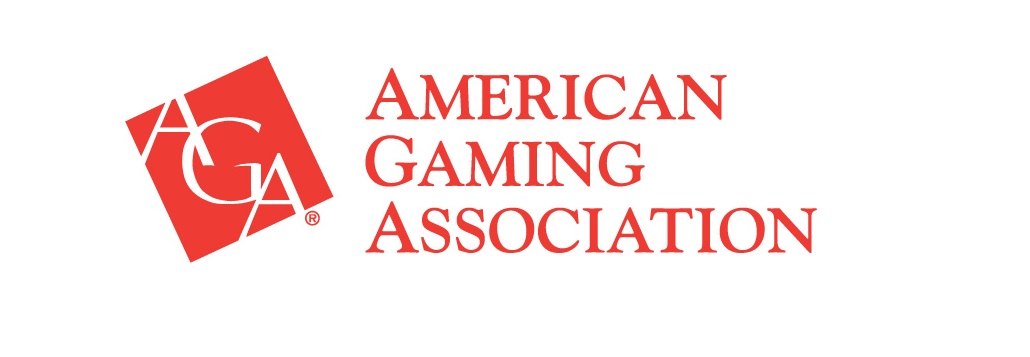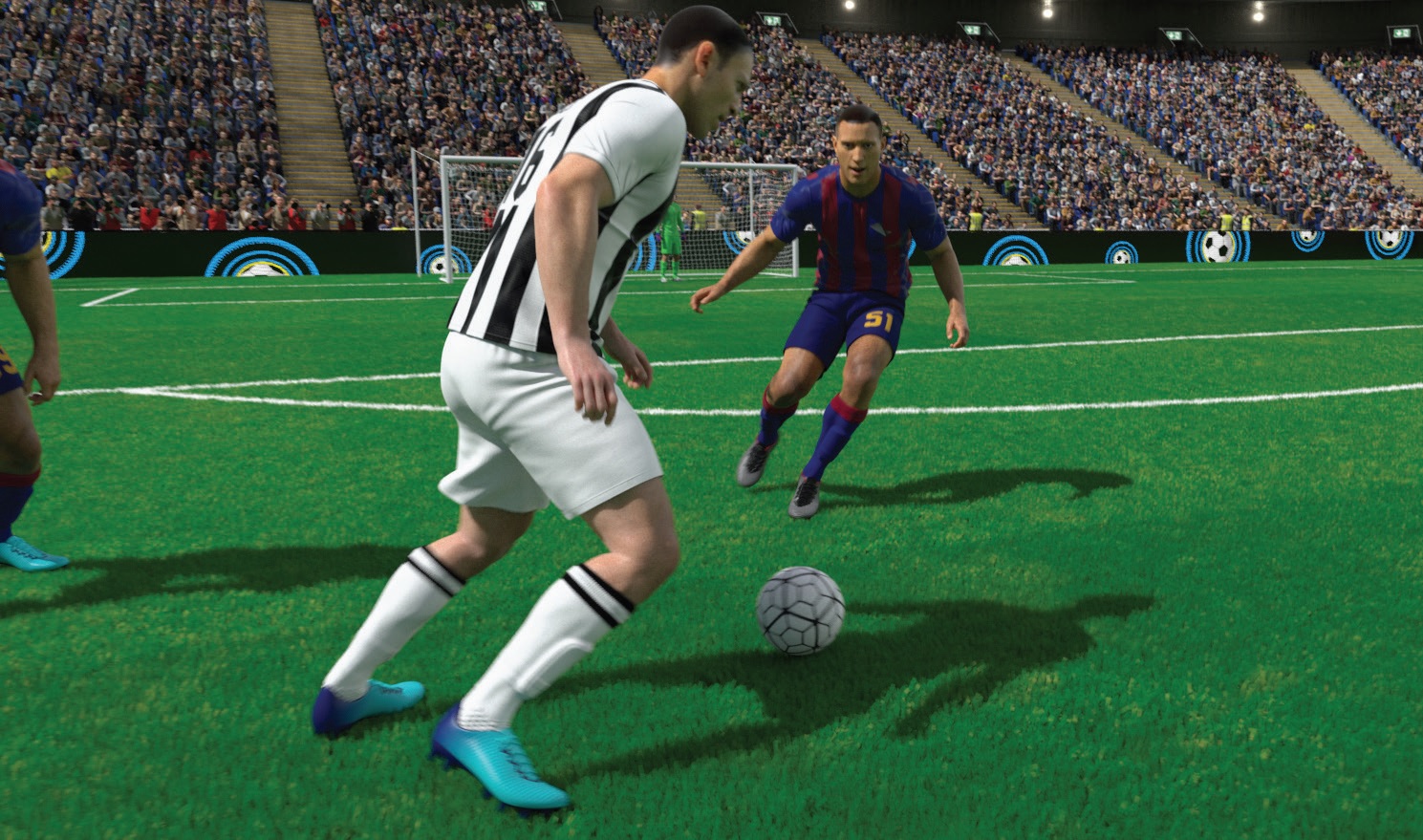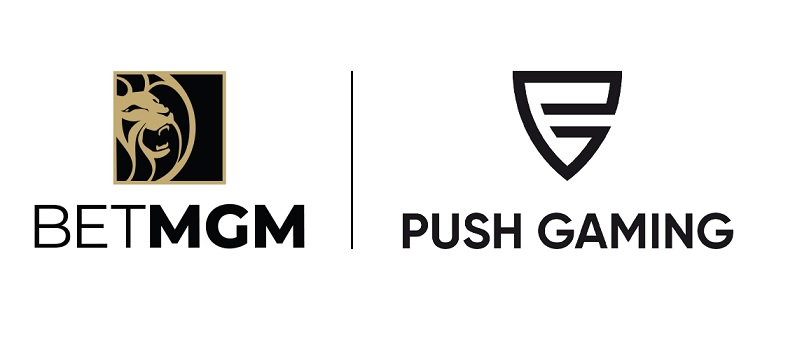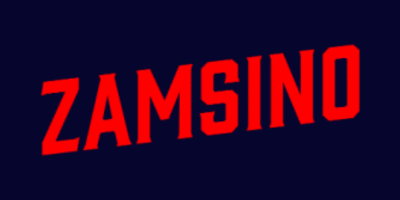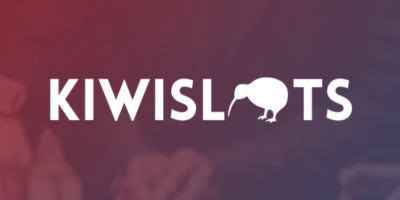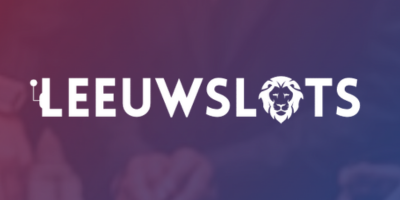
TALE OF FOUR STATES
By Victor H. Royer
Here we are in 2024, and wouldn’t you know it – another state has joined the sports betting party. Vermont – yes, that lovely state known mostly for maple syrup and Sen. Bernie Sanders – recently became the 39th state (plus the District of Columbia) to offer legal sports wagering. They went live on January 11th, 2024 with three online operators. If you’re thinking, “I wonder who those might be?”, no prizes for guessing that DraftKings and FanDuel are in that mix, along with the newer kid on the block, Fanatics.
Speaking of DraftKings, let’s hop across the border to New Hampshire for a moment. Now, here is something interesting. In September, DraftKings – which enjoys exclusive rights as New Hampshire’s only sports setting operator – took a whopping $72.8 million in wagers. That’s up 8.8 percent from last year. Its revenue jumped by nearly 50 percent, to $9.3 million.
Where did most of this action happen? Online, of course. About 88 percent of the handle ($64.3 million) came from mobile devices. There are just three retail locations, in Dover, Manchester and Seabrook. But they are not exactly setting the world on fire, bringing in just $72,024 in revenue from $8.4 million in handle. Aat least they’re providing a nice place to sit and watch the games.

But while Vermont celebrates its entry into the sports betting world and New Hampshire counts its growing pile of cash, there’s still that 800-pound gorilla sitting on the West Coast … California.
Despite having the fourth-largest economy in the world (yes, you read that right – if California were a country, it would rank just behind Germany and ahead of India), the Golden State remains steadfastly gold-deprived when it comes to wagering on sports.
Following the spectacular failure of both Proposition 26 and Proposition 27 in 2022 (they lost by 70 percent and 80 percent respectively), Californians are still left having to choose between horse racing, daily fantasy sports or … well, let’s just say “alternative options” that one’s attorney probably wouldn’t recommend.
But perhaps the most intriguing story of all is happening down in the Sunshine State of Florida. There the Seminole Tribe has just pulled off what we might call a diplomatic masterpiece. After years of legal wrangling that went all the way to the U.S. Supreme Court (which basically said “talk to the hand” by refusing to hear the challenge), the tribe has now reached a settlement with their former adversaries – certain racetracks and poker rooms – by offering them a piece of the action in jai alai wagering through their Hard Rock Bet app.
If you’re wondering, “Why jai alai?”, as Seminole Gaming CEO Jim Allen pointed out, it’s been part of Florida’s gaming landscape for nearly 100 years. Let’s be honest – when you’re looking at state forecasts predicting $4.4 billion in revenue sharing through the end of this decade, finding a way to make peace probably seems like a pretty good idea.
All of this, of course, stems from that fateful day in 2018 when the Supreme Court took the Professional & Amateur Sports Protection Act (PASPA) and tossed it into the historical dustbin.
Since then we’ve seen a veritable gold rush of states jumping on the sports betting bandwagon. A few, like New Hampshire, have gone the exclusivity route. Others, like Vermont, have opted for a little more competition. Then there’s Florida, where the Seminole Tribe has managed to turn its monopoly into a partnership opportunity.
But California? Well, they’re still California Dreaming. Though, given the potential tax revenue sitting on the table (remember that “fourth-largest economy in the world” thing?), one has to wonder how long they can hold out. After all, even little Vermont – with its population roughly equal to that of San Diego’s suburbs – is now in the game.
So here we are, nearly six years after PASPA’s demise, watching this great American experiment in sports betting continue to unfold. Some states are winning big, some are just getting started, and some … well, some are still trying to figure out if they want to play at all.






